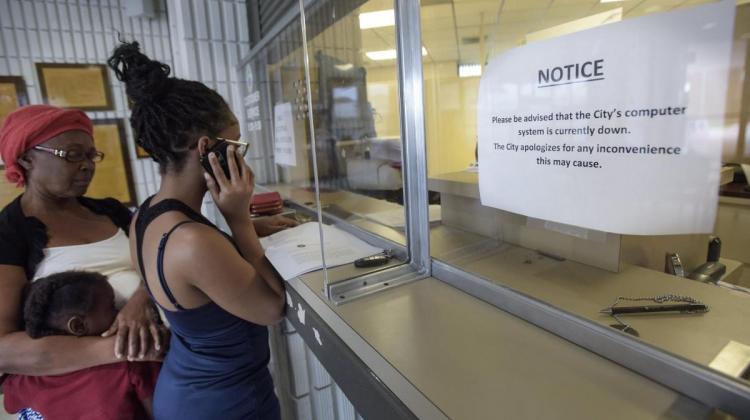Cybersecurity for Critical Urban Infrastructure

When considering cyber defenses, security professionals and critical infrastructure operators immediately think about technical solutions such as intrusion detection systems or firewalls. However, hackers do not only use technical tools to break into critical infrastructure systems. Social engineering is a set of highly effective non-technical techniques that involve manipulating people and their data in order to penetrate a target system. Considering hackers use non-technical tools to break into systems, we propose that defenders should use non-technical tools to defend themselves. We are working with the state of Massachusetts to identify Minimum Cybersecurity Defenses and Procedures that cities and towns should adopt as well as obstacles to implementing these minimum defenses.
Consortium of Cybersecurity Clinics
Google and Alphabet CEO Sundar Pichai announced a new $20 million commitment to expand cybersecurity clinics to give students more opportunities to learn, while keeping communities safe. The MIT Cybersecurity Clinic is one of 10 university clinics to receive an award up to $1 million. MIT is one of the founding members of the Consortium of Cybersecurity Clinics helping to build cybersecurity readiness in cities and towns in New England as well as hospitals. The Clinic also aims to help students build a career in cybersecurity.


